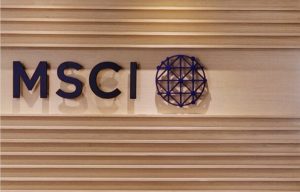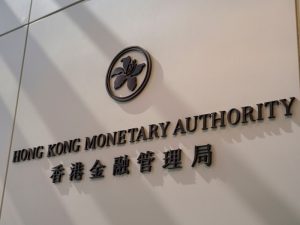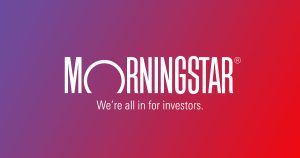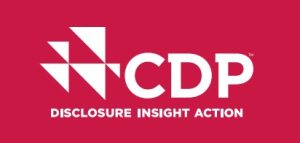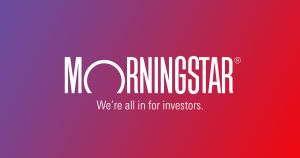Report on ISSB Standards Applications by Asian Regulators
The Asian Development Bank (ADB) releases a report on ISSB standards applications by Asian regulators, aimed at summarizing their understanding of climate disclosure policies.
The Asian Development Bank believes that currently over 30 jurisdictions worldwide have incorporated ISSB standards into their regulatory frameworks, accounting for 57% of global GDP and 50% of global carbon emissions.
Related Post: Application of ISSB Standards in Global Jurisdictions in 2024
ISSB Standards Applications by Asian Regulators
To evaluate the progress of climate information disclosure, the Asian Development Bank asked six questions to regulators based on ISSB standards. These questions and their responses are as follows:
Is the implementation of ISSB standards mandatory or voluntary?
The International Sustainability Standards Board (ISSB) believes that companies can voluntarily disclose information in accordance with ISSB standards. The benefit of mandatory implementation of ISSB standards is that investors can obtain detailed and consistent corporate climate information disclosure and encourage sustainable development of businesses. The benefit of voluntarily implementing ISSB standards is that companies can reduce their disclosure burden. Currently, 67% of regulators plan to enforce ISSB standards, of which 60% have already set a timetable.
Is the ISSB standard applied directly or after modification?
The ISSB standard, as an internationally recognized sustainable information disclosure standard, ensures interoperability across different jurisdictions. The adoption of ISSB standards varies in different jurisdictions, and the ISSB believes that deleting or modifying some ISSB standards may affect the comparability of sustainable information. Among the respondents planning to adopt ISSB standards, the proportion of direct application and modified application is equally divided.
Which companies are eligible for ISSB standards?
The ISSB standard mainly targets large enterprises listed on exchanges, which have the highest requirements for information disclosure and occupy the most important position in the economy. Small and medium-sized enterprises and private enterprises are not included in the scope of application. Currently, over half of the respondents plan to apply ISSB tagging to all listed companies, while 17% plan to only apply it to large listed companies. Another 70% plan to include some large unlisted enterprises in the application scope to reduce carbon emissions.
Is greenhouse gas disclosure mandatory or voluntary?
Greenhouse gas disclosure is an important issue in the ISSB standards. ISSB encourages companies to disclose Scope 1 and Scope 2 carbon emissions, and to disclose Scope 3 carbon emissions as much as possible (with a one-year delay period). In addition, ISSB standards encourage companies to disclose absolute carbon emissions rather than carbon intensity indicators. 42% of respondents require companies to disclose three carbon emission data, while 25% require (including mandatory and voluntary requirements) companies to disclose Scope 1 and Scope 2 carbon emission data.
Is third-party assurance mandatory or voluntary?
Third party assurance can enhance the confidence of financial information users in information disclosure. The ISSB standard encourages companies to adopt third-party assurance, but if the assurance cost is high, companies can also disclose unverified data. 41% of respondents plan to require companies to conduct third-party assurance of greenhouse gas emission data.
Do companies need to set total carbon reduction targets and net carbon reduction targets?
The ISSB standard requires companies to clarify whether their carbon reduction targets belong to the overall target or the net target, where the net target refers to the target set after offsetting some emissions with carbon credits. If a company adopts a net carbon reduction target, it needs to disclose relevant information in detail. Most respondents have not yet determined how to handle this matter, with 17% planning to recommend that companies disclose both objectives simultaneously.
Reference:

